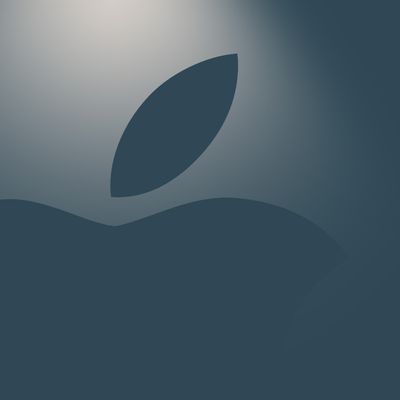Apple imported staff uniforms from a company subject to U.S. sanctions over forced labor, according to a report from The Guardian.

The company in question, Changji Esquel Textile, is a subsidiary firm of Hong Kong garment group Esquel. Shipping records reveal Changji Esquel Textile is based in China's western Xinjiang region.
In July, the U.S. government imposed sanctions on Esquel and 10 other Chinese companies for alleged human rights abuses, including forced labor. U.S. commerce secretary, Wilbur Ross, said the sanctions were intended to prevent U.S. companies being implicated in "the Chinese Communist party's despicable offensive against defenseless Muslim minority populations."
Esquel has denied allegations of abuse, stating "We absolutely have not, do not, and will never use forced labor anywhere in our company," as it attempted to appeal about the sanctions. A 2019 international audit found there was no modern-day slavery at the company.
The report comes shortly after CEO Tim Cook told a congressional antitrust inquiry that Apple would not tolerate "abhorrent" forced labor or modern-day slavery in the company's supply chains.
"We wouldn't tolerate it. We would terminate a supplier relationship if it was found," Cook said, adding he would be enthusiastic to contribute to legislation on banning forced labor.
Until recently, the Esquel website listed Apple as a "major customer." One month before the sanctions were announced by the U.S. government, Changji Esquel Textile sent a shipment of knit shirts to Apple retail stores in California, according to shipping data provided by Panjiva. If this is the case, Apple used a company accused of human rights violations.
"Esquel is not a direct supplier to Apple but our suppliers do use cotton from their facilities in Guangzhou and Vietnam. We have confirmed no Apple supplier sources cotton from Xinjiang and there are no plans for future sourcing of cotton from the region," said a spokesperson for Apple.
The statement does not mention if Esquel or any Xinjiang-based textile company was previously a supplier to Apple. The Xinjiang region is particularly associated with forced-labor, according to The Guardian. In March, a report by the Australian Strategic Policy Institute think-tank named Apple among 83 other major companies benefiting from the use of potentially abusive labor transfer programs in Xinjiang.
Note: Due to the political or social nature of the discussion regarding this topic, the discussion thread is located in our Political News forum. All forum members and site visitors are welcome to read and follow the thread, but posting is limited to forum members with at least 100 posts.






















